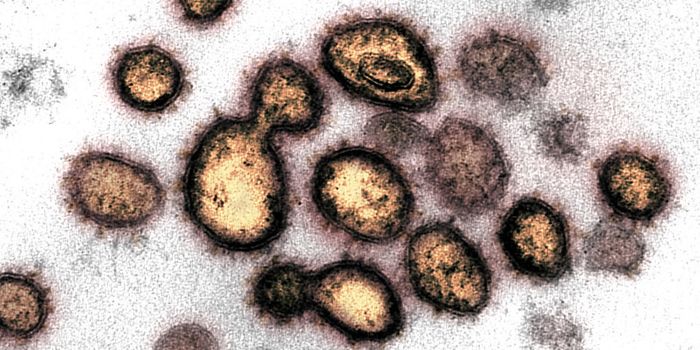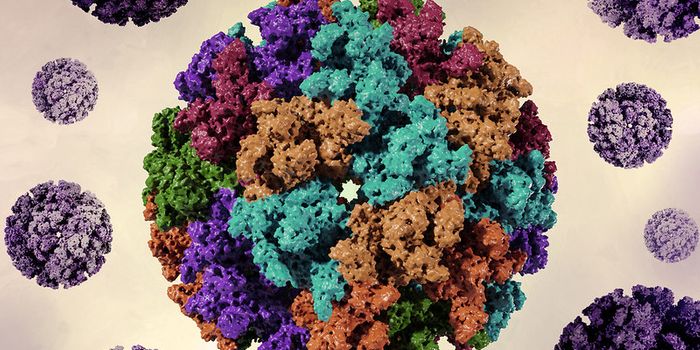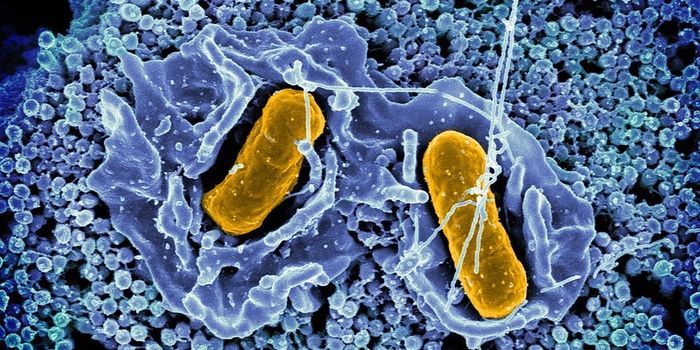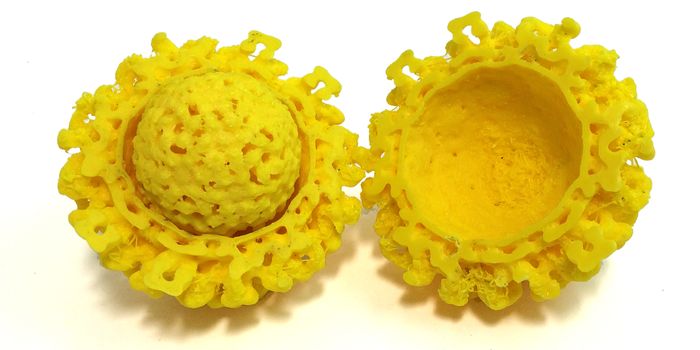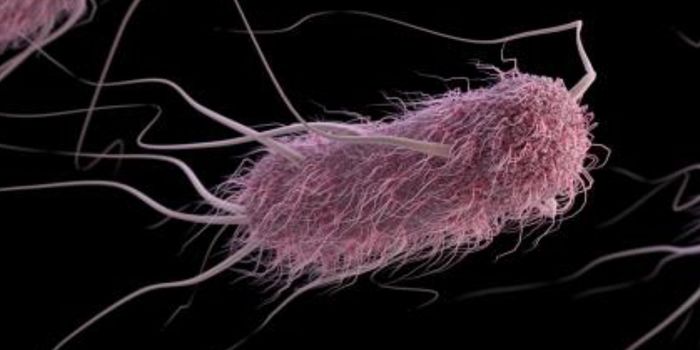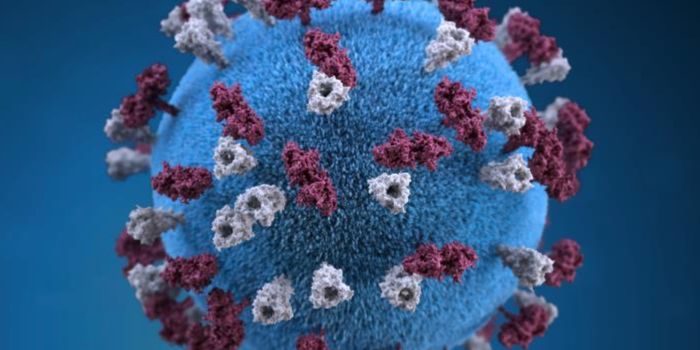Gut Microbes Could be a Way to Treat Some Neurological Disorders
Researchers and clinicians have often studied genes that affect the function and development of the brain to explain neurological disorders. While we know that gene expression and variations in genetic sequences are important to human health, we're gaining a better appreciation of the influence of the gut microbiome on our biology. All of the microbes in the gut also have their own genomes, which affect us in different ways, and the gut also has a special, direct connection to the brain known as the gut-brain axis.
Researchers have now used a mouse model of behavioral problems to show how gut microbes may one day be a way to treat some neurological disorders. The work has been reported in Cell.
Work by researchers in the lab of senior study author Dr. Mauro Costa-Mattioli used a mouse model to show that while hyperactivity is controlled by the animal's genes, gut microbes mediate defects in social behaviors. A microbe that encourages the production of biopterin compounds was found to improve social behavior in those mice, as did direct treatment with biopterin. However, the compound had no effect on hyperactivity.
"We are the bearers of both host and microbial genes. While most of the focus has traditionally been in host genes, the gut microbiome, the community of microorganisms that live within us, is another important source of genetic information," noted Costa-Mattioli.
This work shows that when it comes to human disease, it may become important to investigate the interplay of human and microbial genetics when considering disease mechanisms and treatment options. While many disorders may be solely due to genetics, others may be solely due to disruptions in the gut microbiome, some might be caused by both, or something else entirely. Still, we'll need to use animal models to study these relationships.
"It's very difficult to study these complex interactions in humans, so in this study, we worked with a mouse model for neurodevelopmental disorders in which the animals lacked both copies of the Cntnap2 gene [Cntnap2-/-]," said co-first author Sean Dooling, a graduate candidate in molecular and human genetics in the Costa-Mattioli lab. "These mice presented with social deficits and hyperactivity, similar to those observed in autism spectrum disorders (ASD). In addition, these mice, like many people with ASD, also had changes in the bacteria that make up their microbiome compared to the mice without the genetic change."
By changing the composition of the gut microbiome, the researchers could improve the social behaviors of the mutant mice, while it had no impact on hyperactivity.
"We were able to separate the contribution of the microbiome and that of the animal's genetic mutation on the behavioral changes," Dooling said. "This shows that the gut microbiome shouldn't be ignored as an important variable in studying health and disease."
The researchers tested the effects of the probiotic microbe they've used in previous work, L. reuteri.
"We found that L. reuteri also can restore normal social behavior but cannot correct the hyperactivity in Cntnap2-/- mice," said co-first author Dr. Shelly Buffington.
Although more work remains before we can translate these findings to patients in the clinic, the gut microbiome is a much easier thing to treat than an organ like the brain. That makes it a very attractive therapeutic target. Microbes may also be much easier and cheaper to produce than some drugs.
"Our work strengthens an emerging concept of a new frontier for the development of safe and effective therapeutics that target the gut microbiome with selective probiotic strains of bacteria or bacteria-inspired pharmaceuticals," Buffington said.
"Despite all the scientific advances and the promise of gene manipulation, it is still difficult to modulate human genes to treat diseases, but modulating our microbiome may be an interesting, noninvasive alternative," said Costa-Mattioli. There are now trials in Italy studying the effect of L. reuteri on autism. Costa-Mattioli plans to begin one of his own soon.
"In my wildest dreams, I could have never imagined that microbes in the gut could modulate behavior and brain function. To think now that microbial-based strategies may be a viable way to treat neurological dysfunction, is still wild, but very exciting."
Sources: AAAS/Eurekalert! via Baylor College of Medicine, Cell


